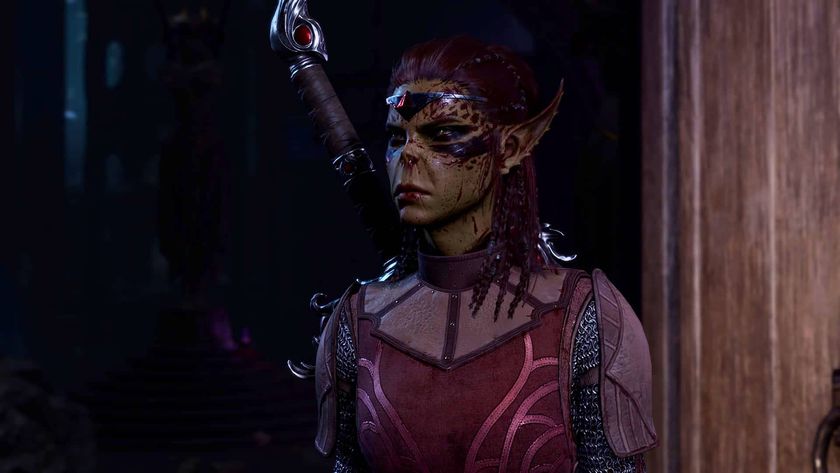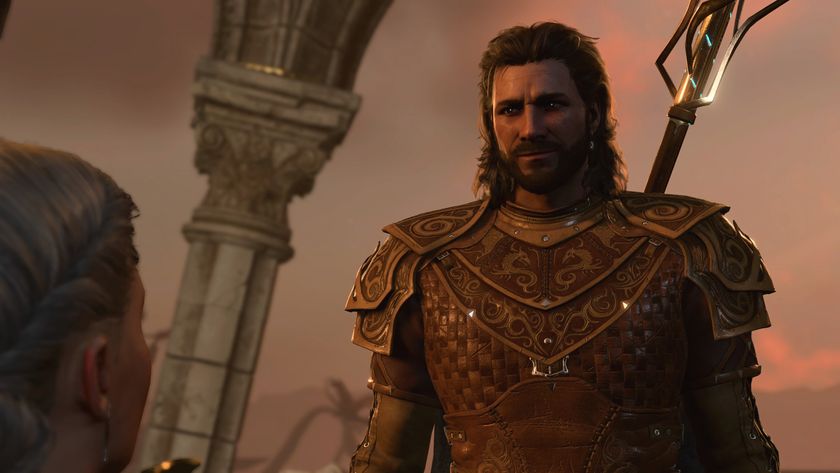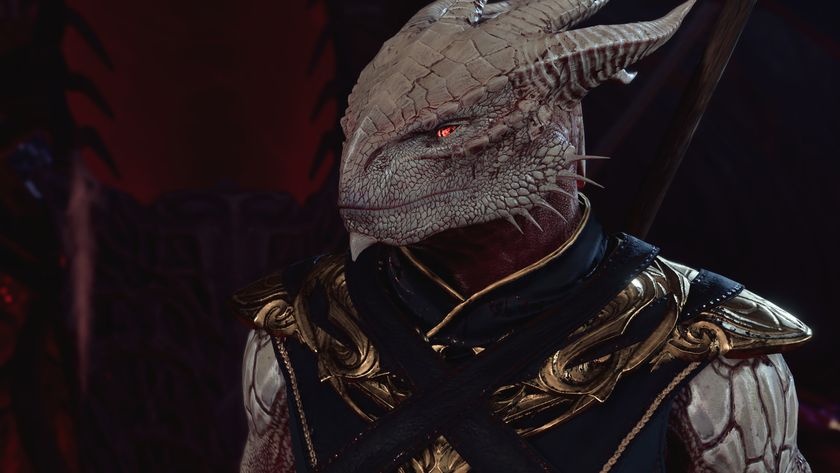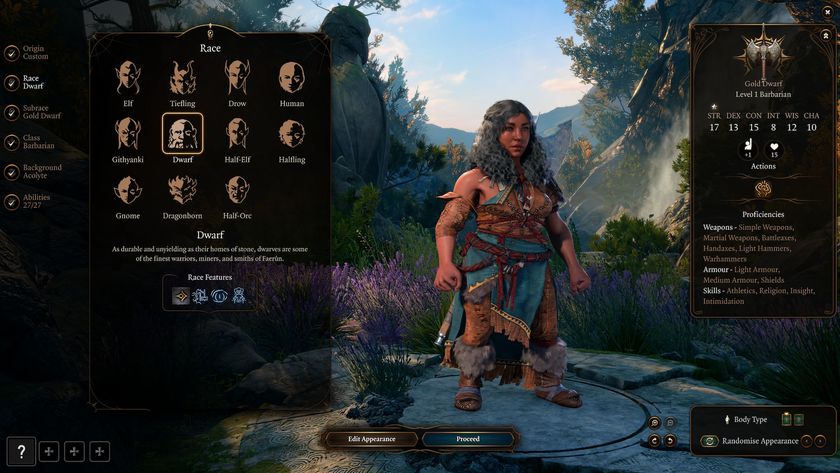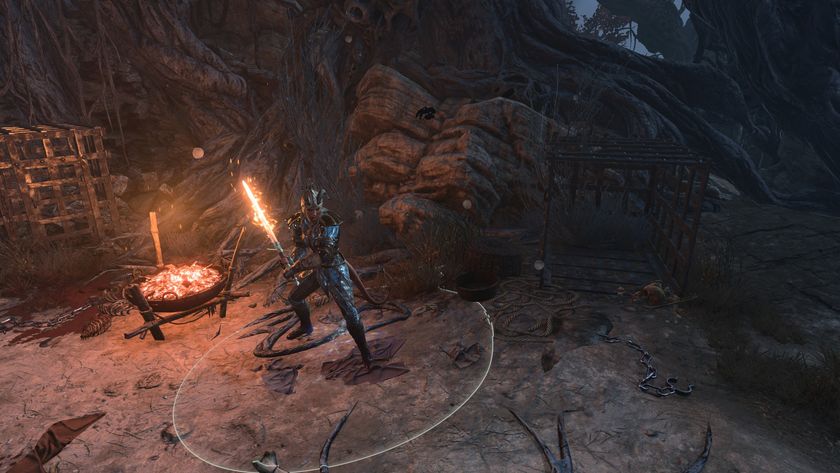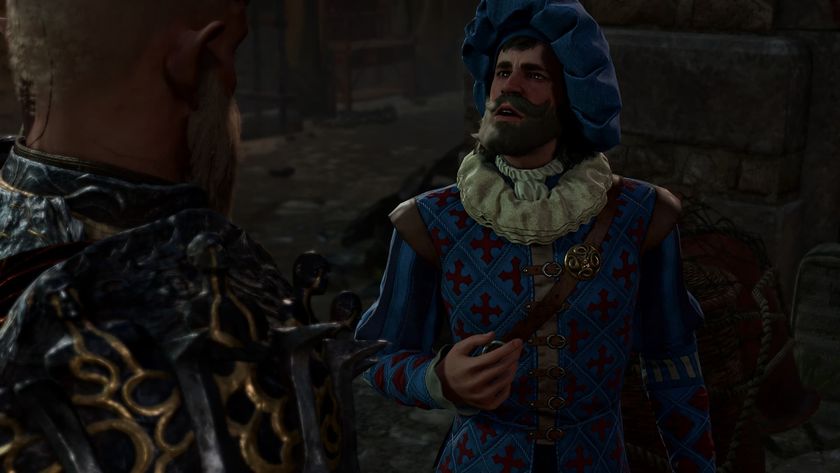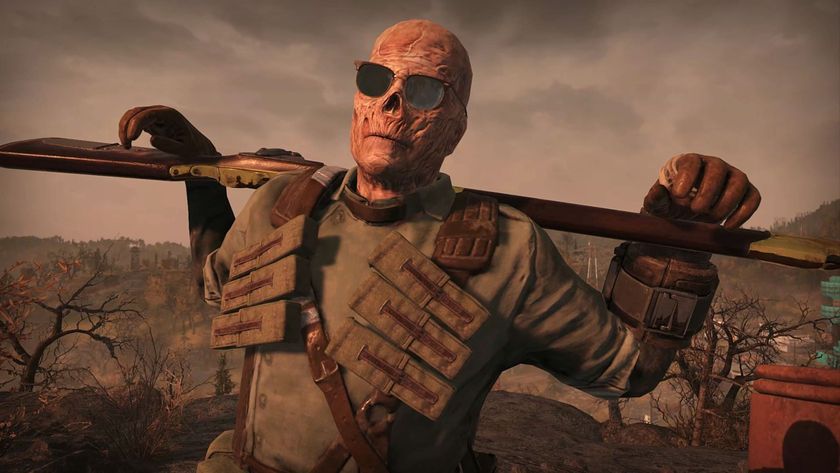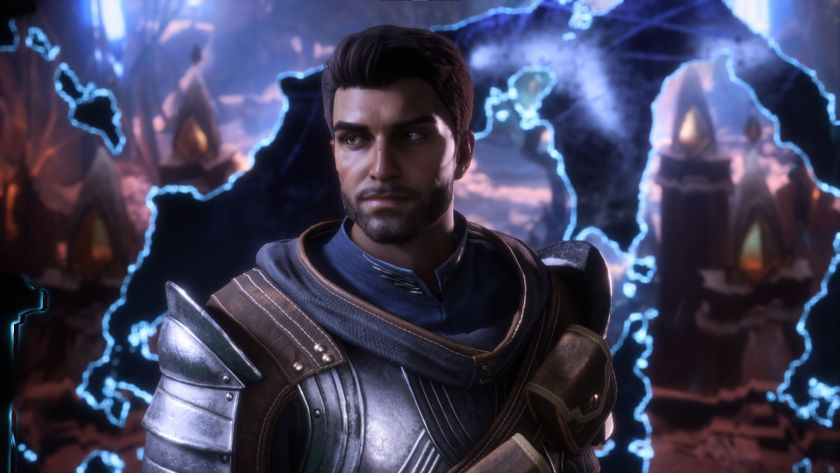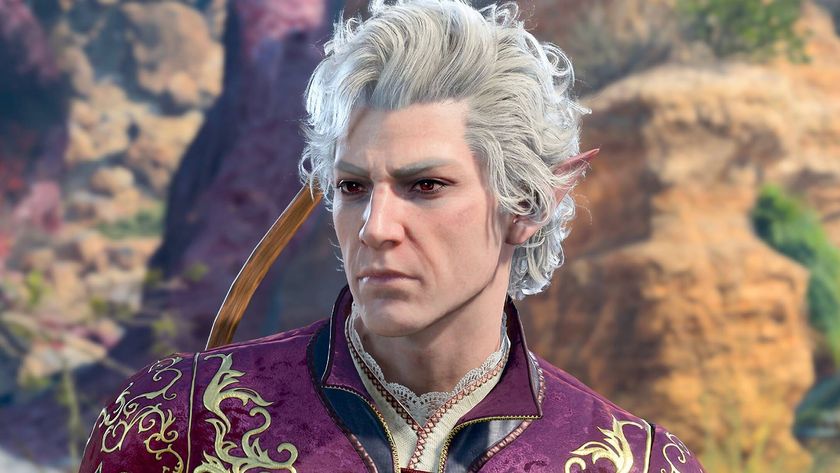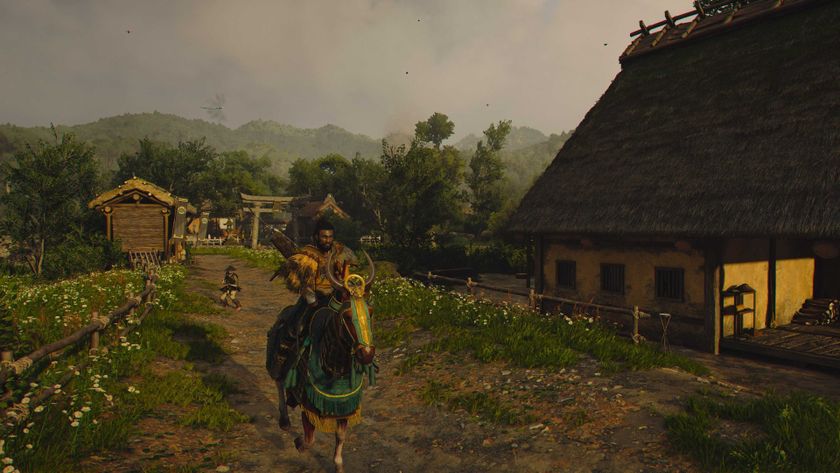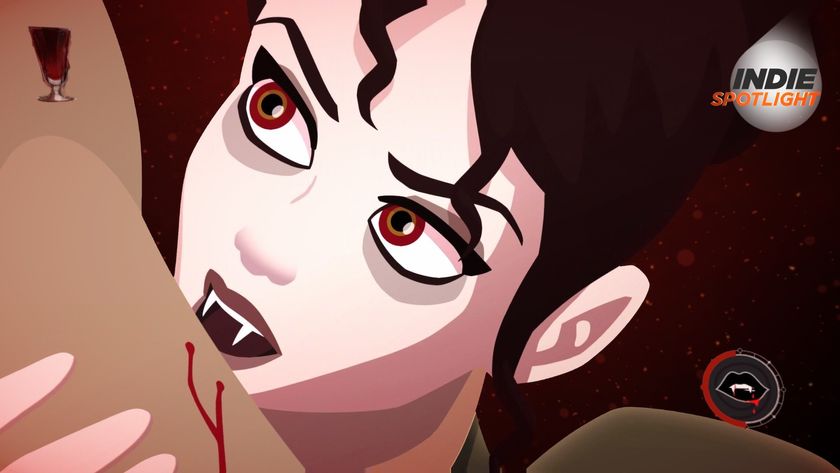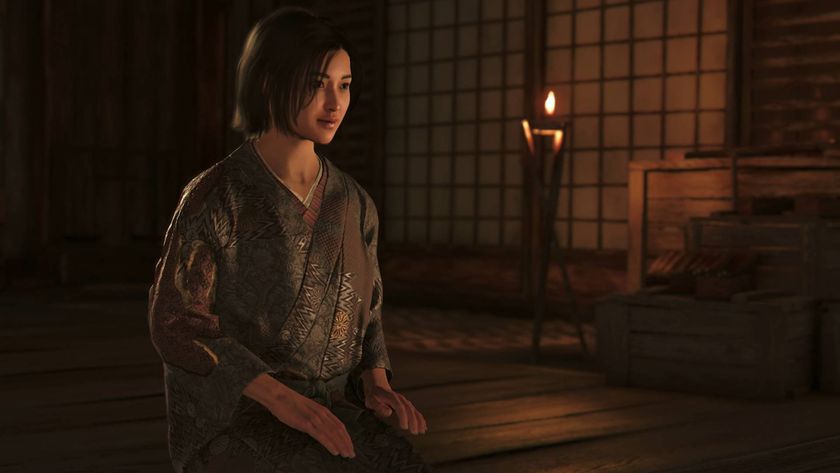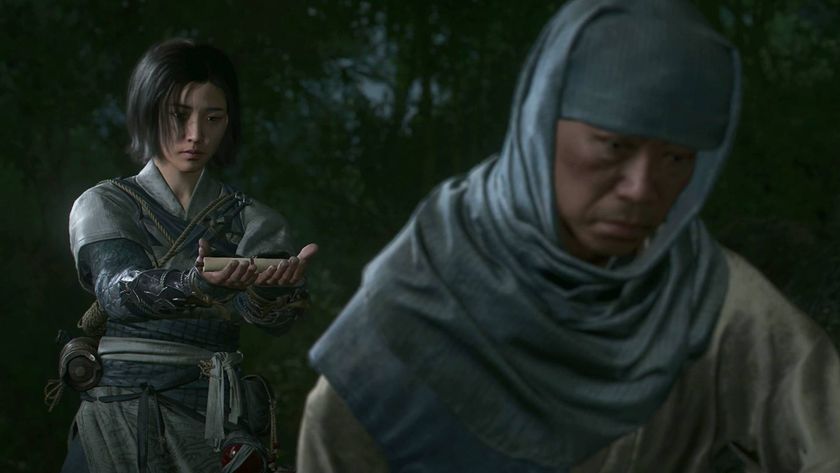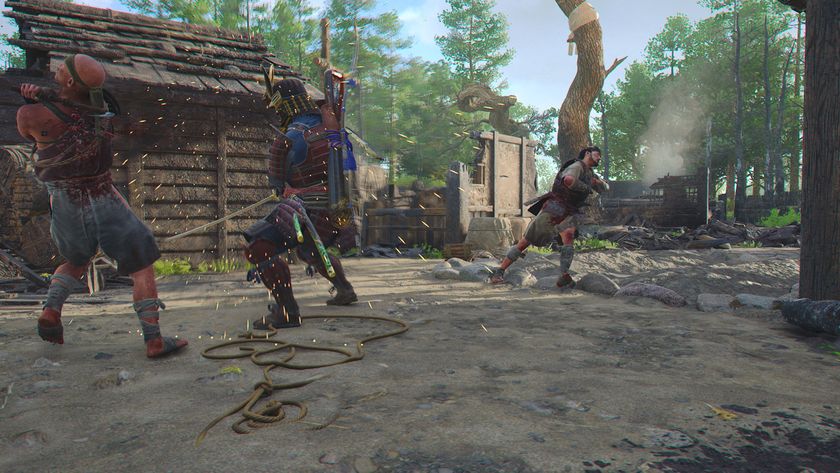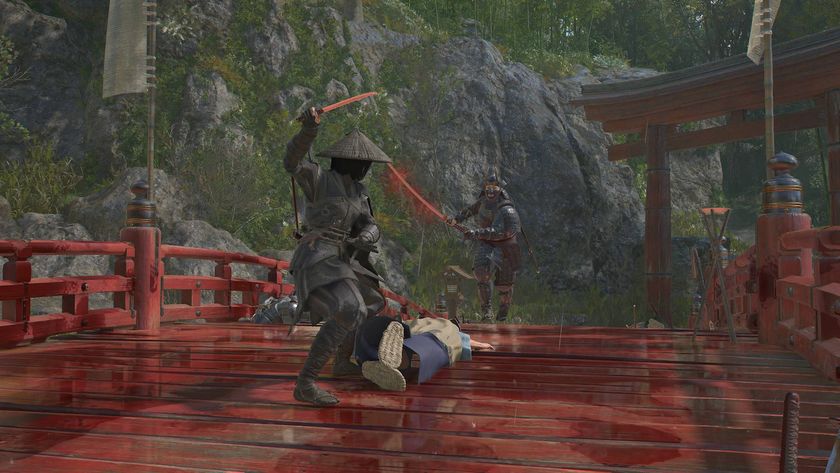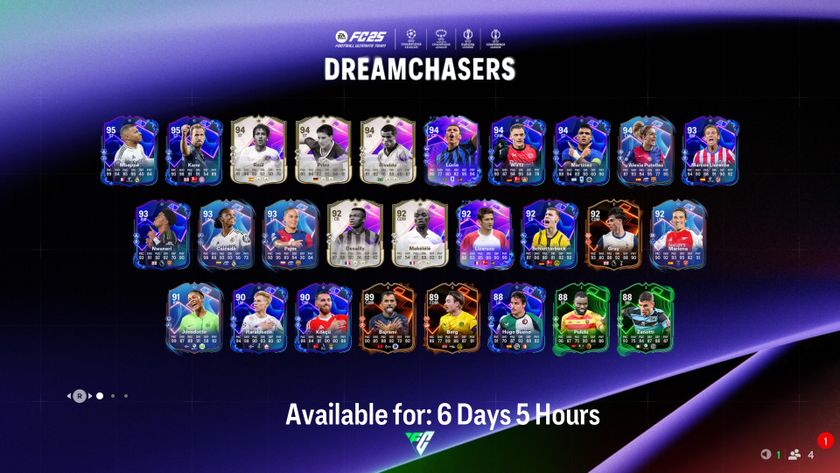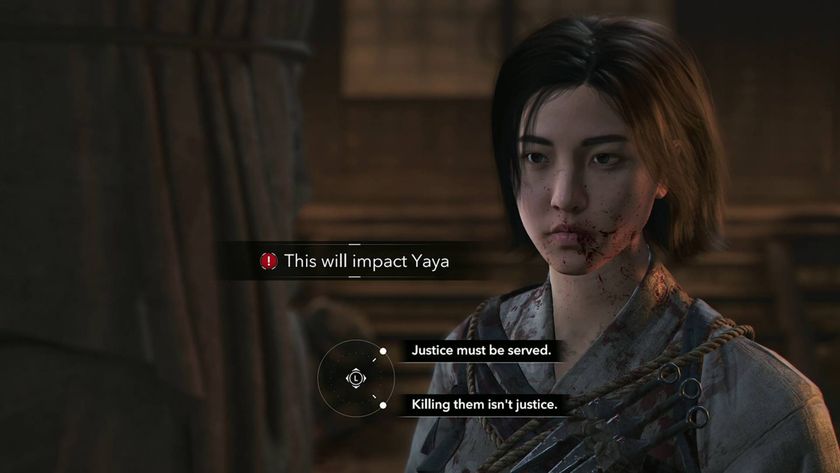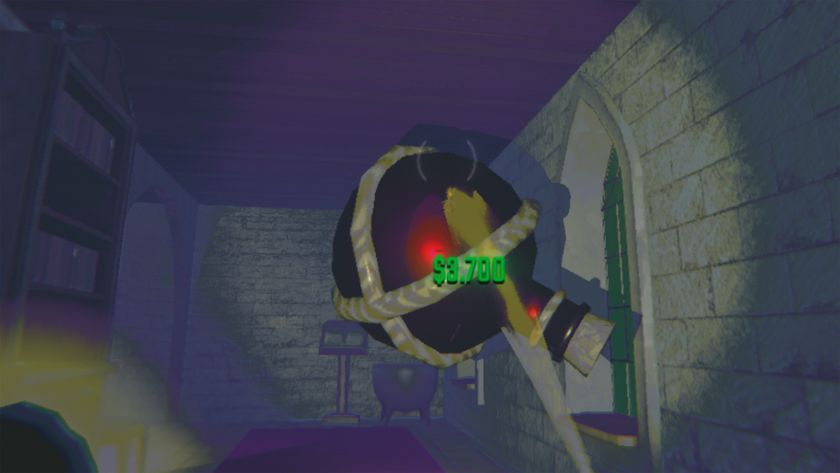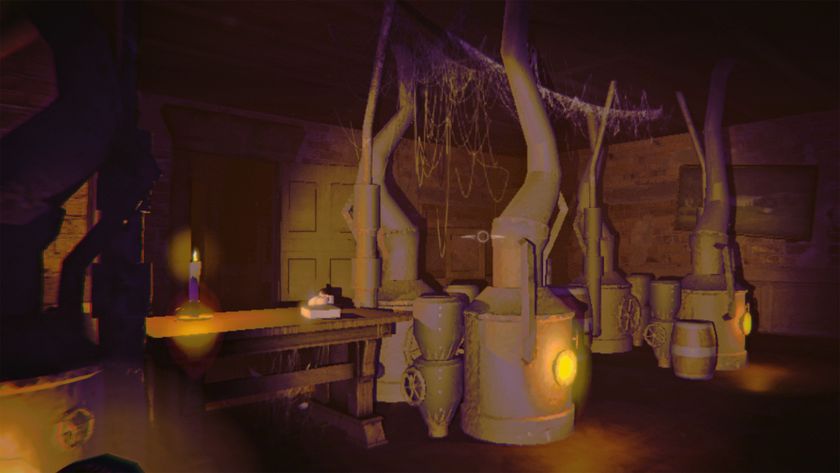All Baldur's Gate 3 difficulty modes and how to change difficulty
There are five difficulty levels in BG3, with lots of ways to set how hard you want the game to be
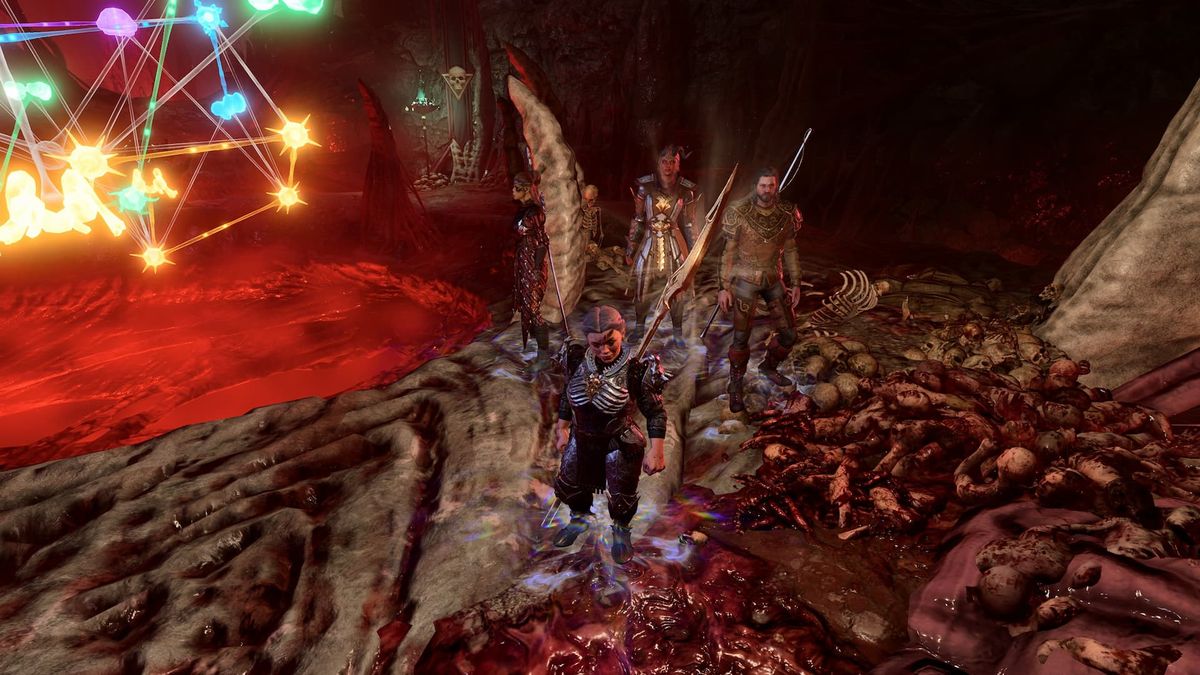
There are five Baldur’s Gate 3 difficulty settings to choose from - Explorer, Balanced, Tactician, Honour, and Custom - when you’re ready to set off on your journey across Faerûn. These difficulty settings are wildly different, so it’s important that you choose the right one.
If you want to experience the game’s story without too much difficulty, then Explorer is for you. But if you’re after a much tougher challenger, there’s Honour Mode, which gives you just one save slot and permadeath. It’s the ultimate challenge for fans of Baldur's Gate 3. However, if none of these quite fit, Custom allows players to hand-tweak the game’s difficulty, allowing for a very versatile range of experiences. Let’s take a closer look at each of the difficulty levels in Baldur’s Gate 3 and how you can change it during gameplay.
All difficulty modes in Baldur's Gate 3
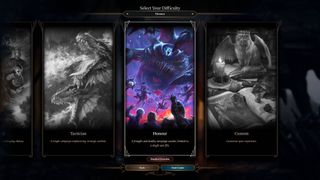
Baldur's Gate 3 has five difficulty options to choose from, each with their own set of modifiers and special rules to help or hinder different players during combat:
- Explorer: The game's easiest difficulty, meant for players who want the simplest combat experience and a relatively low amount of danger. Enemies health is reduced by 30%, party members have a huge health bonus, the merchant gives you a 20% discount, and proficiency bonuses are higher. Notably, multiclassing is disabled on this difficulty.
- Balanced: The 'normal' difficulty for BG3. All other difficulties are compared to this one when it comes to things like reduced or increased enemy health, and so on. Multiclassing is available and Death Saving Throws are on.
- Tactician: Baldur's Gate 3's answer to 'hard mode'. Tactician offers a substantially tougher combat experience. Enemies benefit from increased health, advanced tactics, better weapons, items, and spells, and new special attacks in some cases. Non-party characters get a +2 bonus to Attack Rolls and DC for spells and other abilities. Items are more expensive to buy from vendors, and less valuable when selling. A Long Rest now requires 80 camp supplies instead of 40.
- Honour Mode: If you thought Tactician was tough, Baldur's Gate 3 Honour Mode is an ultra hardcore option with permadeath after a party wipe, new Legendary Actions for bosses, a single save file, and the ability to use restoration pods just once.
- Custom Mode: To mix and match options from the four previous options, Baldur's Gate 3 Custom Mode is the difficulty for you. You can toggle certain features on and off or adjust multipliers and modifiers to make the game easier or harder. If you die in Honour Mode and want to continue with your character, you’ll be able to set a custom difficulty.
How to change difficulty in Baldur's Gate 3
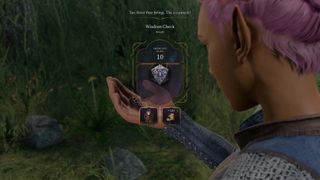
To change difficulty in Baldur's Gate 3, pause the game by pressing the Esc key on a keyboard or the start button on your controller, and simply select Difficulty from the list. Here, you'll be able to choose between Explorer, Balanced, or Tactician. You can change difficulty at any point during the game.
However, you cannot switch to Honour Mode or Custom Mode during a campaign as these options are only available at the start of a new campaign. If you're playing a Custom Mode campaign, you can change around your difficulty settings if you find you've made things too easy or too hard.
Should you try Baldur's Gate 3 Tactician mode?
The difficulty levels in BG3 mostly relate to combat difficulty, but there are some small tweaks to higher difficulties outside of combat. Baldur's Gate 3’s Tactician and Honour Mode are the game's toughest difficulties. They both make the game much harder by increasing enemy HP, making dice rolls more challenging, and making it harder to stealth around - obviously Honour Mode has some bespoke features to make it especially perilous that have been mentioned above.
These difficulties are best for people with a good knowledge of turn-based RPGs, or who have completed Baldur's Gate 3 at least once, since a greater level of planning and combat skill will be required. This will drag out the action parts of your game considerably, so if you've yet to play BG3, trying Tactician or even Honour Mode should be ideas for a future playthrough instead.
Is Baldur's Gate 3 hard?

Baldur's Gate 3 can be a very difficult game even on Balanced and Explorer difficulties, especially for those who aren't used to D&D or similar systems. If you're having some trouble with Baldur's Gate 3 and think it's too hard, that's totally fair - and while our list of Baldur's Gate 3 tips will do a lot to help you out in general, here's some advice on making the game a little easier to play.
- Pick your companions carefully. You can change your party composition and which Baldur's Gate 3 companions you want with you after a long rest at camp. When you do, think about what you want to achieve that day and pick accordingly - if you want to do a lot of sneaking, pick Astarion. If you want to incinerate a small army, go get Gale.
- Remember the key RPG saying: save early, save often! On the standard key bindings, quicksave is F5 and quickload is F8, and we recommend giving it a prod every so often, either before major fights or decisions, or just after them, as the game resets you back to the last save every time you die.
- Talking is always safer. A good smooth-talker doesn't have to deal with a lot of the game's deadlier threats, when they can placate or lie their way around them. Try picking any of the more charismatic Baldur's Gate 3 classes, such as Bards, Sorcerers or Warlocks, and sweet talk your way to victory.
- You don't always have to do everything the moment you find it. If you come across a dungeon or enemy that seems pretty tough, you can always come back later to deal with it if it turns out you're underleveled.
- Examine your foes! Selecting an enemy and examining them is a free action that tells you a lot of useful information, including armor, weaknesses, resistances and more besides. Use that info to plan a strategy in combat!
© 12DOVE. Not to be reproduced without permission
Sign up to the 12DOVE Newsletter
Weekly digests, tales from the communities you love, and more

Joel Franey is a writer, journalist, podcaster and raconteur with a Masters from Sussex University, none of which has actually equipped him for anything in real life. As a result he chooses to spend most of his time playing video games, reading old books and ingesting chemically-risky levels of caffeine. He is a firm believer that the vast majority of games would be improved by adding a grappling hook, and if they already have one, they should probably add another just to be safe. You can find old work of his at USgamer, Gfinity, Eurogamer and more besides.
- Joe ChiversContributor
- Will SawyerGuides Writer
- Jasmine Gould-WilsonStaff Writer, 12DOVE
